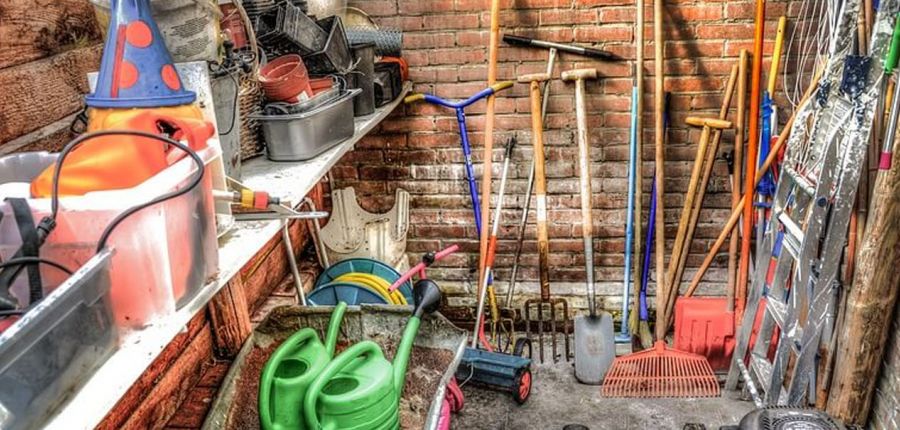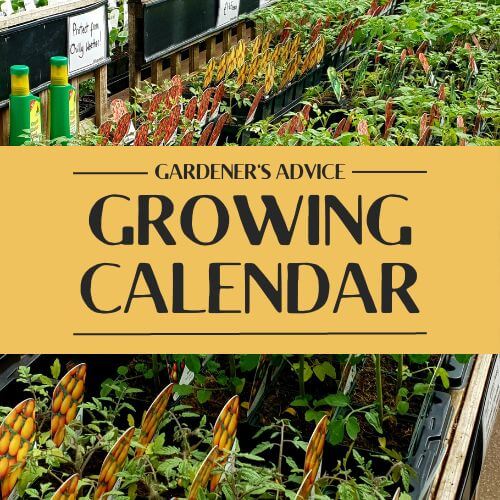Jobs for November
Posted By: rocket veg Category: Growing Veg, Seasonal AdviceDaylight may be in short supply at this time of year and the weather inclement, but don’t look for excuses to neglect your precious piece of earth, be it garden or allotment. As with most garden-related tasks, time spent now will pay dividends when spring comes and so, in no particular order, here is a list of jobs to do over the coming weeks.
Water collection
It’s time to clean out water butts, as well as shed and greenhouse gutters or the result of rotting leaves and other vegetation will be stagnant, smelly water. If your allotment shed isn’t fitted with a simple system to collect rainwater, perhaps this could be added to the list of winter projects.
Pruning
Although there’s no need to rush, as this is a job which can be done any time between now and the end of February, make a start on pruning soft fruit bushes. Varieties of raspberries which fruit in the autumn (eg ‘Autumn Bliss’ and ‘All Gold’) produce the following season’s fruit on new wood, so winter is the time to cut all of the old canes to ground level. Thin out blackcurrant bushes by removing approximately a third of the old stems – those which are much darker in appearance – to encourage healthy new shoots to develop from the base of the plants. Redcurrant and gooseberry bushes are treated differently: reduce the length of the healthy ones by a third and open up the centre of each bush, creating a goblet shape, so that light and air can circulate, helping fruit buds to develop and reducing the risk of disease. Don’t forget to cut out any dead or diseased stems as you go.
Protecting your crops
By their very nature, over-wintering crops can withstand the worst weather but are susceptible to attack from pests, such as birds. Pigeons in particular are on the lookout for easy pickings, so cover your brassica crops with suitable netting, supported on canes so that the mesh is lifted well clear of the plants, or the scavenging birds will be able to sit on top and feast on the tasty leaves. Not all plants need protection: those broad beans which you sowed a few weeks ago should now be small, sturdy plants which will cope surprisingly well in all but the worst winter weather.
Support Brussels sprouts
If you haven’t done so already, insert a strong cane alongside each of your Brussels sprouts plants and secure with strong garden twine before they become top heavy and are blown over by the wind. As the sprouts develop and are picked, remove the yellow leaves from the lower part of the stem in order to encourage the smaller sprouts at the top of each plant to develop. It’s also a good idea to draw some soil around the base of the stalks of any tall brassica plants – cabbages, caulis and the like - and firm it down with your heel to stop the plant rocking and becoming loose.
Make more compost
By now, you should have removed the remains of any old plants and added these to your compost heap. Don’t neglect old plants as they will provide a hiding place for pests over the winter. Dead leaves make wonderful compost, usually referred to as ‘leaf mould’, so if you are able to collect a good quantity, start a separate heap which can be covered to help the leaves to rot down.
A word about bonfires
Before resorting to a bonfire, please bear in mind that all soft green matter will convert to wonderful compost and discarded ‘prunings’ can be piled in a corner and left to quietly rot down. If you simply must have a fire, please check the rules which apply to your allotment site – in particular, showing consideration for other tenants who may be present - and only burn dry, organic matter which will produce the minimum of smoke.
Crops to harvest now
November may seem like a low point in the gardening year, but a surprising number of crops can be harvested and enjoyed now, including maincrop carrots, cabbages, cauliflowers and Brussels sprouts, celeriac and celery.
Tidy out the tool shed
I like to think that I’m a tidy person but I’m always surprised how quickly my shed gets in a muddle, so when the clutter reaches the door, I know it’s time to take action! When we get a dry day, I’ll clear everything out, give the floor a sweep and then set about putting things back in the correct place. I’ll make sure that tools are in good order – all signs of rust brushed off and oil applied to any working parts on essential gadgets such as secateurs. If you store power tools in a shed (not a good idea on allotment sites for obvious reasons), make sure that the fuel has been used up as the oil in two stoke mix quickly clogs the spark plug and coats the cylinder, leading to problems when it comes to starting the strimmer next spring.
When cold weather strikes, mice seek shelter and a dry corner in a garden shed makes a good winter home, especially if mice find discarded horticultural fleece and the like in which to build a nest.
Clean and sort out the greenhouse
Discarded plant pots, seed trays and half-used bags of compost are great places for all manner of bugs and beasties to lurk. At this time of year, I like to wash down staging, framework and glass with Jeyes Fluid. Once diluted according to instructions, a mix of this wonderful disinfectant is also great for rinsing plant pots and other containers. I usually finish of the deep clean by lighting one of those special ‘smoke bombs’. Don’t forget to replace cracked or missing panes of glass to reduce any risk of wind damage.
A few more seasonal tasks
It’s time to add a layer of manure to veg beds, then cover with porous black weed control material to protect the soil and encourage worms to get to work. Wherever possible, avoid walking on the soil and damaging the delicate eco-structure, so use an old floorboard or scaffold plank on which to walk gingerly if you need to access those hard-to-reach-places.
Divide clumps of rhubarb; stake up top-heavy brassicas, such as Brussel Sprouts and Purple Sprouting Broccoli. Be sure to check those potatoes which you lifted a few weeks ago for rotting ones, a rank smell rising from the sack being a bit of a clue! One nasty spud will quickly set others off.
Tackle a project on your list of things to build - raised beds (be sure to use suitable timber which will stand up to a few years in the soil), a modest fruit cage, or garden seat maybe.
And finally…don’t forget to put food out for the birds – but if rats or squirrels are a serious problem on your allotment site, try to avoid letting seeds, peanuts and so forth dropping on the ground. An old tray hanging under a bird feeder should do the trick.







